Uchimura claimed that Japan adopted Western civilization at the reopening of the country in the late nineteenth century but did not adopt Christianity itself - the very cause, spirit, and life of Western civilization. This was the origin of all the difficulties Japan had been experiencing. There is no question that Uchimura believed Christianity would save Japan and the Japanese; the real question was "What kind of Christianity?" In his view Christian faith entails a radical dependence on the gospel; baptism, communion, and the other sacraments are not necessary. He also believed that God's truth can be revealed directly to each individual, so that an intermediary between God and people, such as a minister, priest, or pope, is not required. This argument led Uchimura to start the Mukyokai-shugi (Non-church), a denial of the institutional church. Miura here explores in depth this theme in Uchimura's thought as well as Uchimura's particular vision of Japan's mission to the world. This study not only offers Western readers new information about Kanzo Uchimura and the Japanese Non-church Movement; it also provides important insights into the way Christianity can be indigenized in a new culture, such as that of modern Japan.

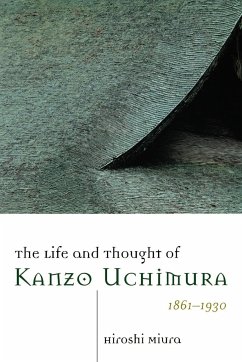
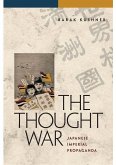
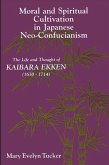
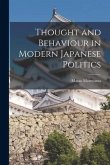
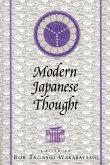
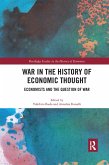

![India [microform]: Its Life and Thought India [microform]: Its Life and Thought](https://bilder.buecher.de/produkte/66/66151/66151470m.jpg)